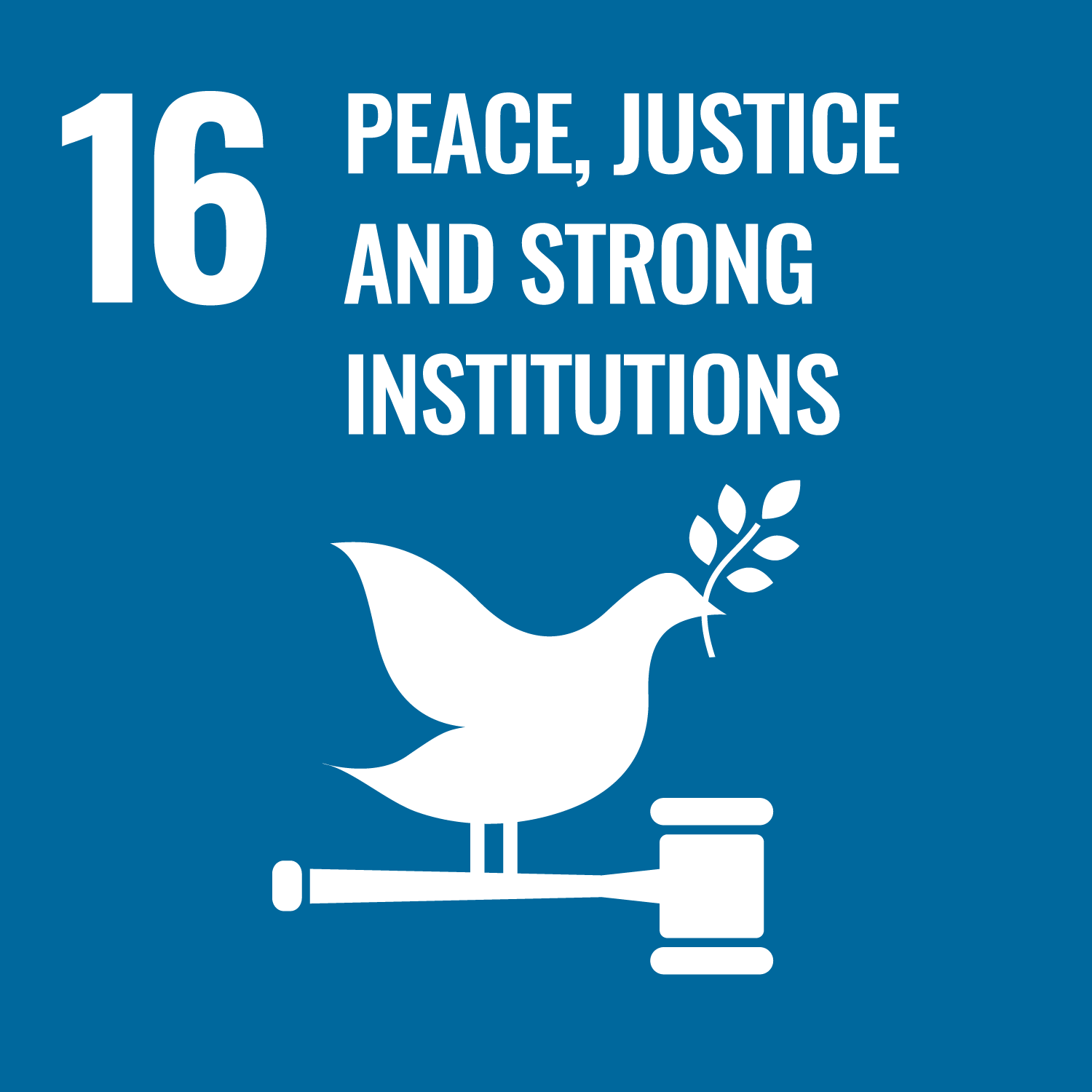This academic article examines how LGBT rights intersect with international aid in Africa. In particular, the article looks at how the protection of LGBT rights as a condition for aid has been used by aid organisations and responded to by political leaders in Africa. The author argues that political leaders have marginalised the voices of people with diverse SOGIESC. The article looks at the difference between the way LGBT rights are discussed by international political actors and African political leaders and the implication of such differences on activists and civil society organisations in Africa.
The article focuses on the importance of language in shaping policy. The author argues that the significance of context and the specific needs of different people who identify as LGBT become lost in abstract conversations between international aid organisations and state representatives who talk about the “LGBT category” as if it were a unified and homogenous identity. The author argues that the discussion of sexuality rights in Africa is governed by language from the global North which diminishes the agency of actors in Africa. Moreover, the author contends that the use of language established in the global North to refer to sexuality rights creates particular responses from African leaders who consider such language to constitute neocolonial interventions.
The article contains three core sections. First, it looks at the language used by international political actors to argue both for and against LGBT rights. Second, it outlines how aid organisations have increasingly used the protection of LGBT rights as a condition for aid. Third, it examines how African civil society groups have responded to the use of LGBT rights as a condition for aid.








